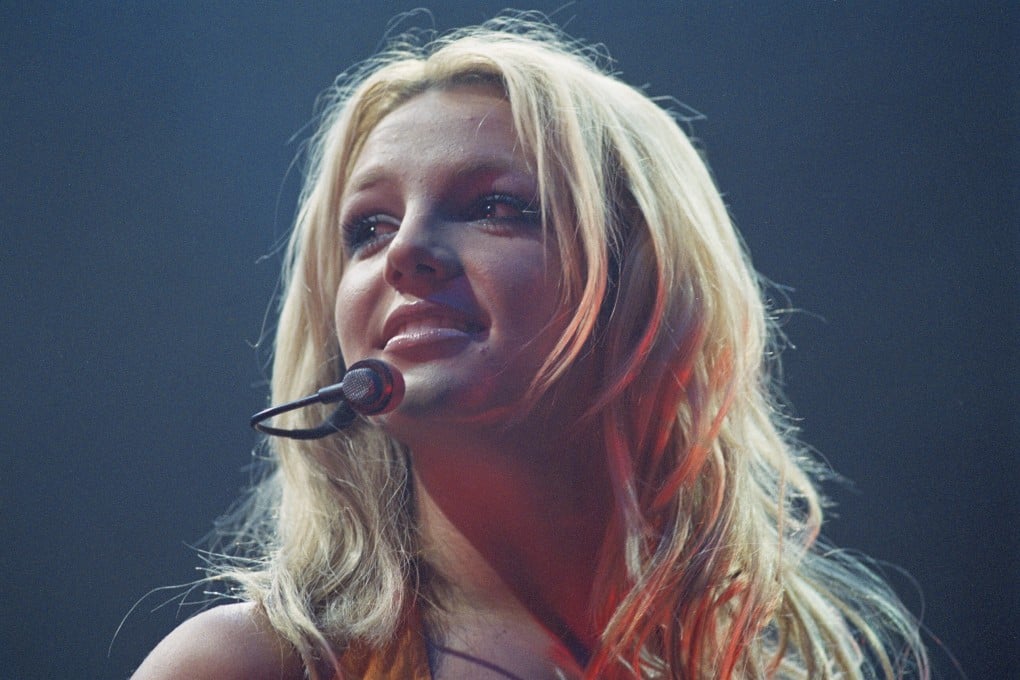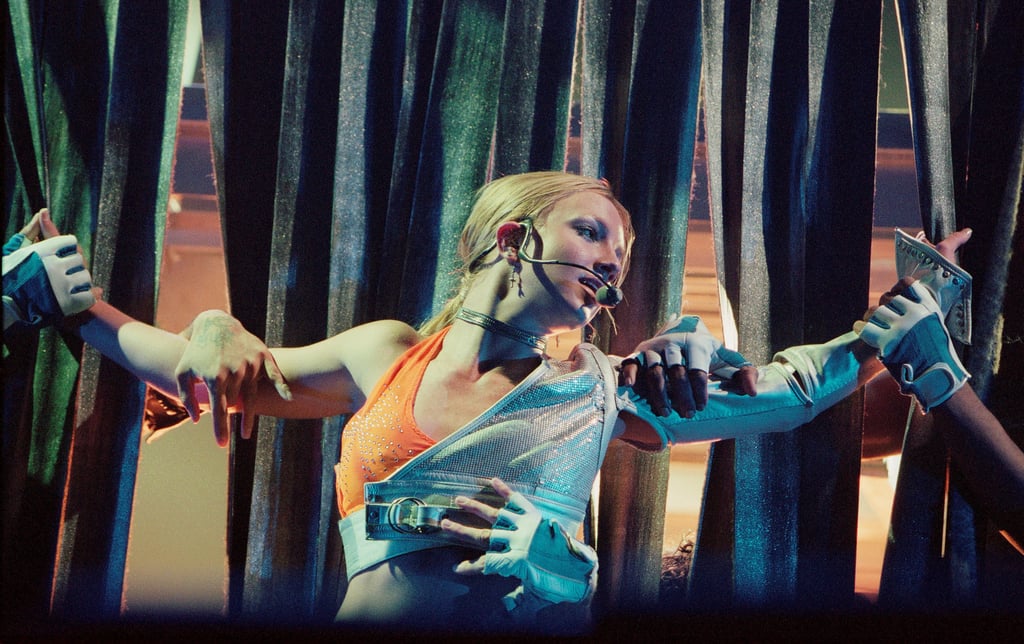Britney Spears film triggers Jessica Simpson, Paris Hilton and other women celebrities of the ’90s, when body shaming and questions about sex were seen as normal
- A documentary about Britney Spears is a sharp reminder how young women celebrities were treated: asked intrusive questions and exposed, sometimes literally
- Even now, women in the industry are taken to task or judged for their looks, and the weight and change in appearance of female stars often leads to online hate

Jessica Simpson can’t watch it. Jennifer Love Hewitt said it “hurt my heart”, and Paris Hilton suggested it clarified her own mistreatment. Drew Barrymore said it was familiar – when the world thought her crazy, she was stripped of autonomy, too.
The documentary is part of the trend of content revisiting big stories from the past with women at their centre (I, Tonya, Truth and Lies, The Price of Gold, The Clinton Affair). Many women are now speaking out about the misogyny they faced. US actress Hewitt said she was “hopeful” things were changing, but many doubt the change is radical enough.
“In some ways, absolutely it’s better. In other ways, it’s perhaps worse,” says journalist Allison Yarrow, author of 90s Bitch: Media, Culture, and the Failed Promise of Gender Equality.

There’s recognition now that certain questions are inappropriate to ask, including whether someone is a virgin – a question Spears, Simpson and other teen stars repeatedly faced. It’s no longer acceptable to remark on the size of a woman’s breasts in an interview, at least not without the internet erupting in outrage.